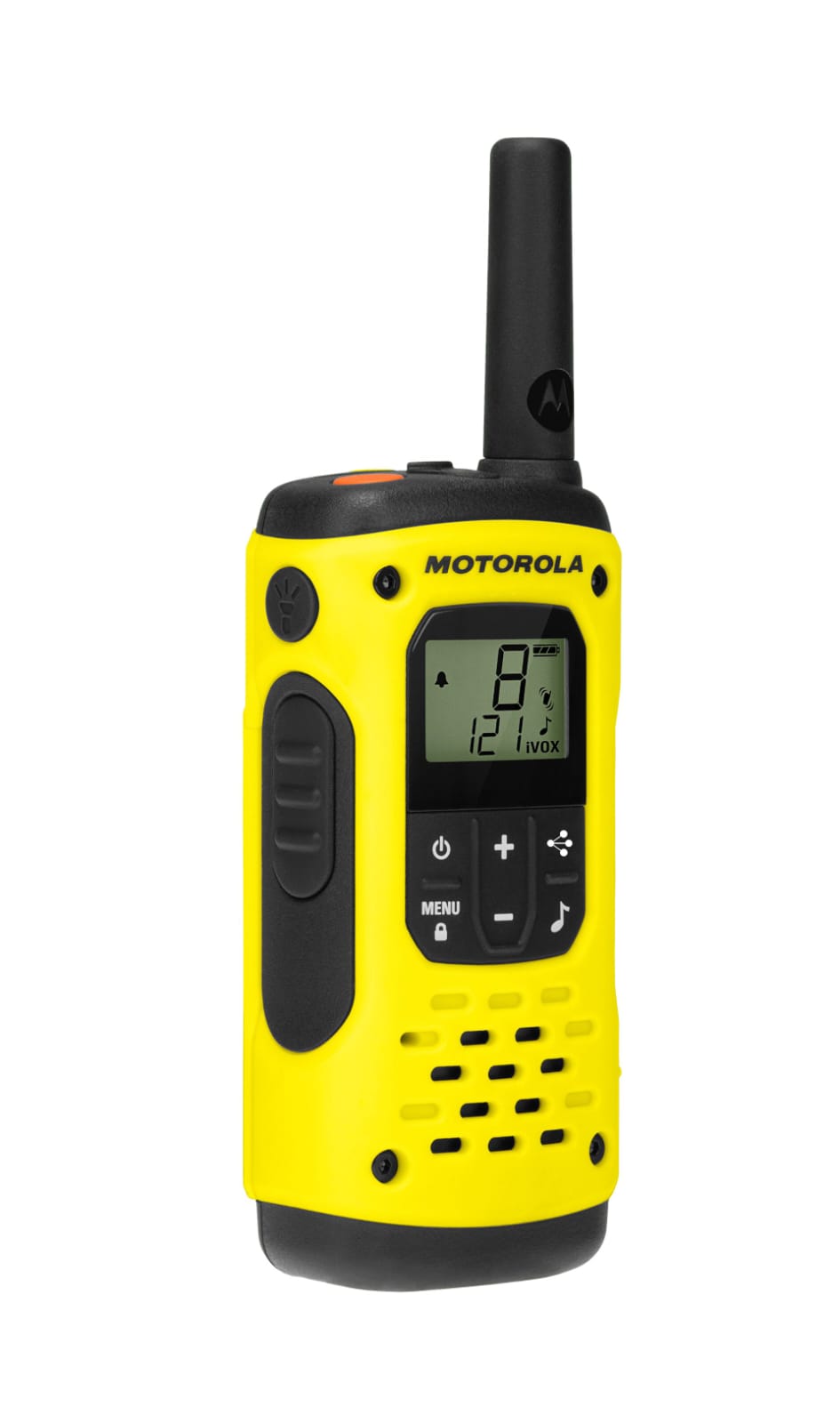In an era where smartphones dominate communication, it is easy to believe common misconceptions about two-way radios and dismiss them as antiquated technology. However, such a notion is far from the truth. In terms of efficiency and reliability, two-way radios often outperform modern cell phones. We’ll dive into the reasons why two-way radios can be better than cell phones, particularly for people interested in technology.
Unwavering Dependability in Emergencies
Two-way radios have earned a reputation for their unmatched reliability, particularly in emergency situations. Cell phones rely on cellular networks that can become overloaded or unavailable during natural disasters or power outages. Two-way radios operate on radio frequencies, which allows them to operate when other communication channels fail.
Imagine being stuck in a situation where the usual communication lines are down, and your cell phone becomes nothing more than an iPod touch. In this scenario, a two-way radio can be a beacon of hope, allowing you to contact help.
Cost-Effective Communication
While the initial cost of a two-way radio may be higher than that of a cell phone, consider the long-term costs. Cell phones require ongoing costs such as monthly fees, data overages, or roaming charges. These expenses add up over time and can result in a hefty sum.
Once you purchase a two-way radio, you pay no further costs. This attribute makes radios more cost-effective for long-term communication, particularly for businesses or organizations that require constant communication.
Durability That Stands the Test of Time
Two-way radios undergo rigorous testing to withstand harsh environments, extreme temperatures, and even drops onto hard surfaces. This durability is in stark contrast to the delicate nature of most smartphones, which can easily suffer damage from a single drop or water exposure.
In industries where communication devices may succumb to rough handling or harsh conditions, such as construction or security, two-way radios are durable solutions that can endure the rigors of daily use.
Superior Range and Coverage
Cell phones are limited by their distance to the nearest cell tower and can suffer from poor signal quality or dropped calls in areas with weak coverage. Two-way radios, on the other hand, offer a more consistent signal over a great range, making them ideal for use in remote locations or across large facilities. Moreover, repeaters can extend the range, ensuring clear, uninterrupted communication.
Enhanced Battery Life for Long-Term Use
Another key factor that sets two-way radios apart from cell phones is their impressive battery life. Cell phones, especially smartphones, are notorious for short battery life due to app usage. This can be disadvantageous when long-term use is necessary or charging facilities are unavailable. Two-way radios come with high-capacity batteries designed to last for extended periods.
Conclusion
While cell phones are popular for personal communication, they may not always be the best for every situation. The dependability, cost-effectiveness, durability, superior range, and long-lasting battery life of two-way radios make them compelling alternatives, especially in scenarios that demand reliable communication.
Understanding the advantages of two-way radios over cell phones provides a broader perspective on communication technologies. It underscores the fact that traditional technologies can outperform even the most advanced gadgets. In the end, the choice between a cell phone and a two-way radio depends on your communication needs. However, it is clear that two-way radios hold a significant place in communication technology.



Comment here